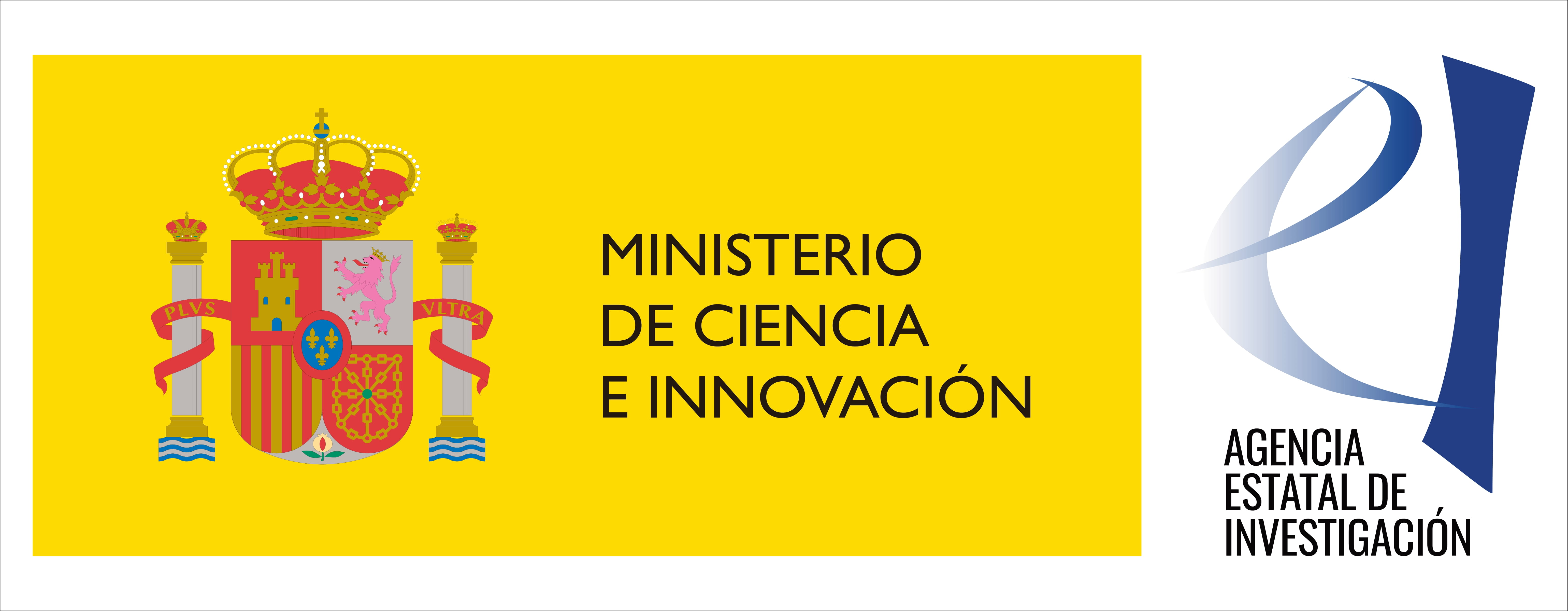News
The LifeWatch Taxonomic Backbone supports the WoRMS Amphipoda editors
Added on 2013-10-22 14:46:13 by Dekeyzer, Stefanie
The taxonomic data management task force at VLIZ will process 250 publications to help complete the Amphipoda information in WoRMSIn the last year, the data management task force of the LifeWatch taxonomic backbone, which is based at the Flanders Marine Institute (VLIZ), has processed many publications and data files of the Dicyemida, Staphylinidae, Kinorhyncha, Holothuroidea and viruses to update and expand the content of the World Register of Marine Species (WoRMS). All publications and data files were provided by the respective WoRMS taxonomic editors. For the Dicyemida, original descriptions, specimen information, and information about type localities and host-parasite relationships were added to WoRMS, based on several publications provided by the taxonomic editor – Hidetaka Furuya. For the Staphylinidae, original descriptions, new species and over 1300 distributions were added, based on a publication of the taxonomic editor – Howard Frank. Furthermore, 219 new Kinorhyncha taxa were added, based on a publication of the taxonomic editor – Birger Neuhaus. WoRMS currently contains over 4000 Holothuroidea taxa. In collaboration with the taxonomic editor – Gustav Paulay – all these names have been verified and corrected where needed. For almost all Holothuroidea families, genera and species, the reference of the original description has been documented. The viruses are still a work in progress: the publications have been processed, but the information is not yet available through WoRMS. All these actions have been undertaken in close collaboration with the responsible taxonomic editors, who were lacking the time to do this work themselves.
Supporting taxonomic editors and further expanding the content and quality of different taxonomic databases is one of the components of the LifeWatch Taxonomic Backbone. The above mentioned initiatives have greatly improved the content and quality of WoRMS, and the next step is now to provide the same service to update the Amphipoda within WoRMS. Recently, an editor network has been established for the Amphipoda group and there is already good progress within this group. However, there is an enormous back-log of publications that still need to be processed… In agreement with the chief editors of the Amphipoda – Tammy Horton and Jim Lowry – the data management task force will take it upon them to go through these 250 publications and check whether new content can be added to WoRMS. We will not only focus on taxon names, but also e.g. distributions and specimen information will be taken into account. We aim to process the first 50 publications by the end of the year.
While the data management task force will focus on additions to WoRMS based on these publications, the Amphipoda editors will be able to keep track of new developments within their taxonomic field and focus on resolving certain taxonomic issues such as e.g. synonymy and outdated taxonomic names.
Supporting taxonomic editors and further expanding the content and quality of different taxonomic databases is one of the components of the LifeWatch Taxonomic Backbone. The above mentioned initiatives have greatly improved the content and quality of WoRMS, and the next step is now to provide the same service to update the Amphipoda within WoRMS. Recently, an editor network has been established for the Amphipoda group and there is already good progress within this group. However, there is an enormous back-log of publications that still need to be processed… In agreement with the chief editors of the Amphipoda – Tammy Horton and Jim Lowry – the data management task force will take it upon them to go through these 250 publications and check whether new content can be added to WoRMS. We will not only focus on taxon names, but also e.g. distributions and specimen information will be taken into account. We aim to process the first 50 publications by the end of the year.
While the data management task force will focus on additions to WoRMS based on these publications, the Amphipoda editors will be able to keep track of new developments within their taxonomic field and focus on resolving certain taxonomic issues such as e.g. synonymy and outdated taxonomic names.
[Overview] [Login]



